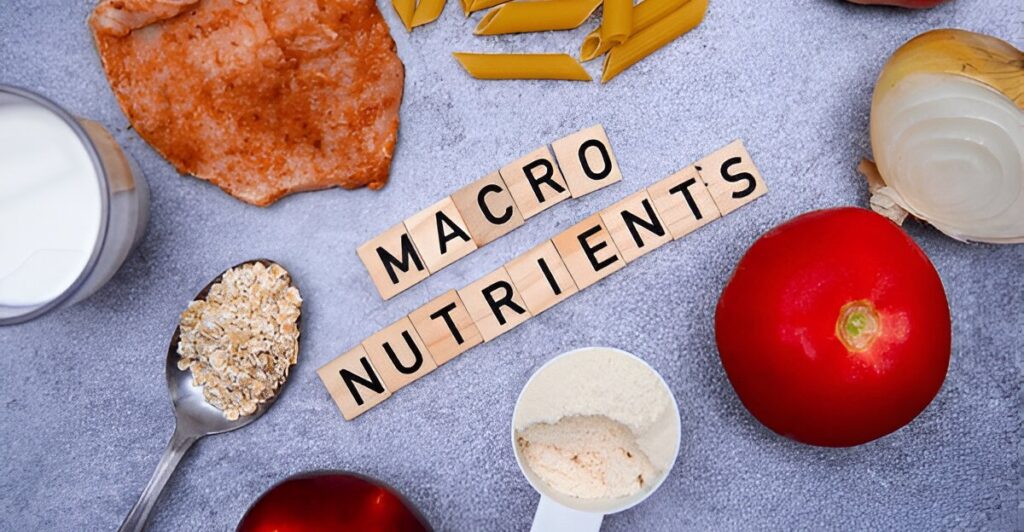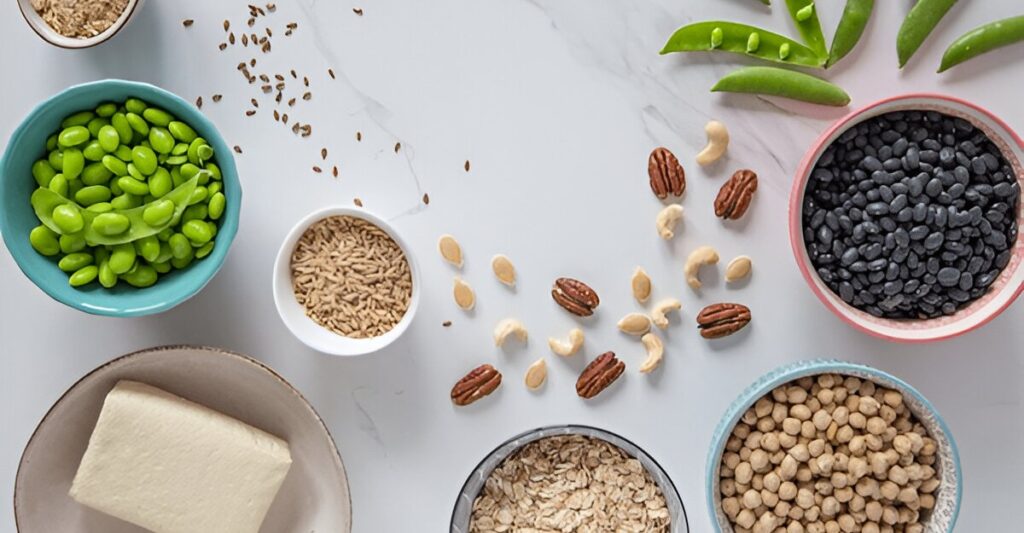Truck drivers face unique challenges when it comes to maintaining a healthy diet. Long hours on the road, limited access to fresh food, and the convenience of fast food can make healthy eating for truck drivers seem daunting. However, with the right strategies, it’s possible to fuel your body with nutritious meals and snacks that boost energy, support overall health, and keep you alert behind the wheel. In this article, we’ll share practical tips and meal ideas tailored to the trucking lifestyle.
Why Healthy Eating Matters for Truck Drivers
A nutritious diet is crucial for truck drivers, who need sustained energy, mental focus, and physical stamina to navigate long hauls safely. Poor eating habits, like relying on sugary snacks or greasy fast food, can lead to:
- Energy crashes and fatigue, reducing alertness.
- Weight gain and increased risk of chronic conditions like diabetes or heart disease.
- Digestive issues from irregular meals or processed foods.
Healthy eating for truck drivers promotes better health, improves mood, and enhances performance on the road, making it a priority worth pursuing.
Key Principles of Healthy Eating for Truck Drivers
To eat well on the road, focus on these core principles designed for convenience and nutrition:
1. Plan and Prep Meals in Advance
Preparation is key to avoiding unhealthy food choices. Before hitting the road:
- Batch cook meals: Prepare nutrient-dense dishes like grilled chicken, quinoa, or roasted vegetables that can be stored in a portable cooler.
- Pack portable foods: Choose non-perishable, easy-to-eat options like nuts, dried fruit, or whole-grain crackers.
- Invest in gear: A cooler, insulated lunch bag, or portable electric skillet makes it easier to store and heat healthy meals.
Example: Prep a mason jar salad with spinach, chickpeas, cherry tomatoes, and grilled turkey, topped with olive oil dressing for a quick, road-ready meal.
2. Choose Nutrient-Dense, Portable Foods
Opt for foods that are easy to store, require minimal prep, and provide balanced nutrition. Include:
- Complex carbs: Whole-grain wraps, oats, or sweet potatoes for sustained energy.
- Lean proteins: Tuna packets, hard-boiled eggs, or jerky (low-sodium options).
- Healthy fats: Almonds, avocado, or single-serve nut butter packets.
- Fruits and vegetables: Apples, bananas, baby carrots, or snap peas for fiber and vitamins.
These foods are durable, don’t require refrigeration, and support healthy eating for truck drivers.
3. Stay Hydrated
Dehydration can cause fatigue and reduce focus, both dangerous for drivers. Aim for 8–10 cups of water daily and:
- Carry a large reusable water bottle to sip throughout the day.
- Include hydrating snacks like watermelon cubes or cucumber slices.
- Limit sugary drinks like soda or energy drinks, which can lead to energy crashes.
Pro tip: Add a slice of lemon or mint to your water for flavor without added sugar.
4. Prioritize Protein and Fiber
Protein and fiber keep you full longer, reducing the urge to snack on junk food. Incorporate:
- Protein sources: Greek yogurt, cottage cheese, or protein bars (choose low-sugar options).
- Fiber-rich foods: Lentils, berries, or chia seeds to support digestion and stabilize blood sugar.
A snack of Greek yogurt with a handful of blueberries and chia seeds is a filling, nutrient-packed option for rest stops.
5. Limit Fast Food and Processed Snacks
Fast food is convenient but often high in sodium, unhealthy fats, and empty calories. To make healthier choices:
- Choose better options: Opt for grilled chicken sandwiches, salads with dressing on the side, or veggie-based sides at truck stops.
- Read labels: Avoid snacks like chips or candy; look for nuts, popcorn (lightly salted), or dried fruit instead.
- Plan stops: Research truck stops or diners with healthier menus in advance using apps or online reviews.
6. Eat Regularly to Maintain Energy
Irregular eating can lead to overeating or energy slumps. Aim for:
- Three balanced meals or smaller, frequent meals every 3–4 hours.
- A mix of protein, carbs, and fats at each meal to stabilize blood sugar.
- A small snack, like a banana with peanut butter, to bridge gaps between meals.
Sample Meal Plan for Truck Drivers
Here’s a practical, road-friendly meal plan to support healthy eating for truck drivers:
- Breakfast: Overnight oats with almond milk, chia seeds, and sliced apples (prepped in a mason jar).
- Morning Snack: A handful of trail mix (nuts, seeds, and dried fruit, no added sugar).
- Lunch: Whole-grain wrap with grilled chicken, hummus, spinach, and bell peppers, paired with baby carrots.
- Afternoon Snack: Tuna packet with whole-grain crackers and a pear.
- Dinner: Pre-cooked quinoa bowl with black beans, roasted zucchini, and avocado, heated in a portable skillet.
This plan is easy to prepare, store, and eat on the go, keeping you fueled for long drives.
Lifestyle Tips to Complement Healthy Eating
Healthy eating for truck drivers works best when paired with other wellness habits:
- Move When Possible: Take short walks or do stretches during rest stops to counter prolonged sitting.
- Manage Stress: Practice deep breathing or listen to calming music to reduce stress-related cravings.
- Get Enough Sleep: Aim for 7–8 hours to regulate appetite and support energy.
- Use Apps: Apps like MyFitnessPal or HappyCow can help track meals or find healthy dining options.
Overcoming Common Challenges
Truck drivers face unique dietary obstacles. Here’s how to tackle them:
- Limited Food Access: Stock up on non-perishable healthy foods at grocery stores before trips.
- Time Constraints: Prep meals in bulk or choose pre-made healthy options like salads or protein packs.
- Cravings for Junk Food: Keep satisfying snacks like jerky or fruit on hand to curb urges.
- Storage Issues: Invest in a high-quality cooler or portable fridge to keep fresh foods safe.
Who Can Benefit from This Diet?
Healthy eating for truck drivers is ideal for:
- Long-haul or regional drivers seeking sustained energy and focus.
- Drivers aiming to manage weight or prevent chronic health issues.
- Anyone in the trucking industry wanting to improve overall wellness.
If you have conditions like diabetes or hypertension, consult a dietitian to customize this approach.
Foods to Limit or Avoid
To optimize health, minimize:
- Sugary Snacks: Candy, pastries, or sweetened coffee drinks cause energy crashes.
- High-Sodium Foods: Fried foods, processed meats, or fast food can increase blood pressure.
- Excess Caffeine: Limit to 1–2 cups daily to avoid jitteriness or sleep disruption.
Conclusion: Fuel Your Drives with Healthy Eating
Healthy eating for truck drivers is about planning, choosing nutrient-dense foods, and making smart choices on the road. By prepping balanced meals, staying hydrated, and prioritizing protein and fiber, you can boost energy, stay focused, and improve your health, no matter how long the haul. With a little preparation, you can transform your diet and thrive behind the wheel.
Ready to hit the road healthier? Start by packing one healthy meal or snack for your next trip, like a protein-packed wrap or a bag of trail mix. Small steps can lead to big improvements in your energy and well-being.


